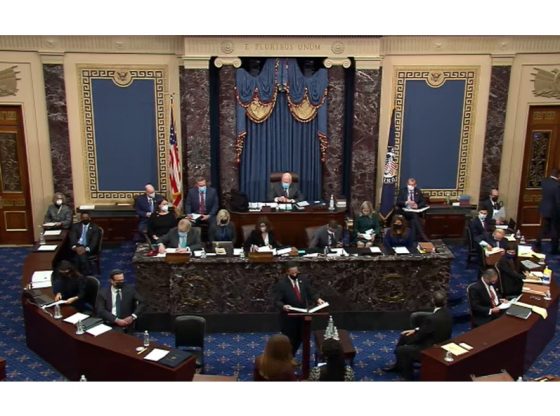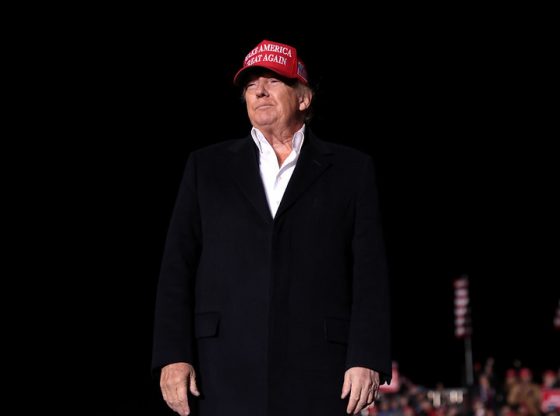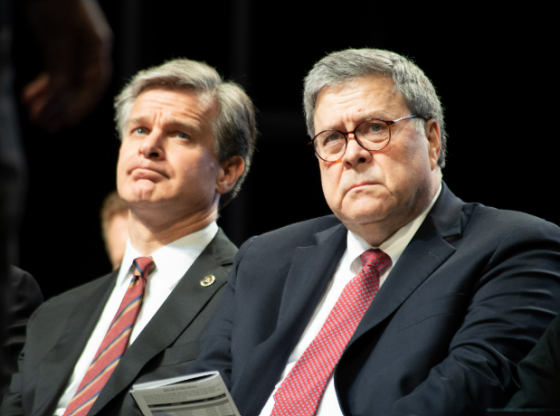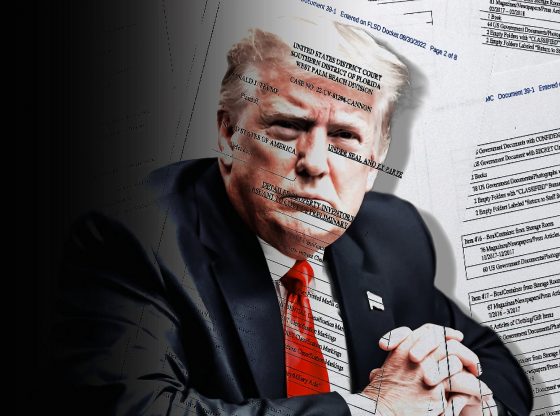The opinions expressed by columnists are their own and do not necessarily represent the views of TrumpTrainNews.com
The U.S. Senate on February 13 acquitted former President Donald J. Trump in his second impeachment trial.
Impeachment “trial” is more like it.
As citizens and historians ponder this utter travesty of “justice,” and if any such impeachment “trial” arises henceforth, it’s important to recognize how radically these proceedings depart from what happens in courtrooms across America every day.
I have had the honor and privilege of serving as a juror on four cases in Manhattan. Three were civil actions. One was a criminal trial. In the latter, I was — by luck of the draw — Juror No. 1. This made me the foreman of my jury. This allowed me to lead the other 11 jurors and two alternates into and out of court during each session.
As if I were in a Hollywood crime drama, I also was fortunate enough to stand up and announce our verdict — “Not guilty!” in the matter of two accused armed robbers. The evidence presented against them already was shaky. The prosecutor then detonated her own case when she taunted us with an “exhibit” — a CD recording of an NYPD dispatcher’s instructions to officers on duty during the alleged crime. The judge later told us to ignore this item, as it had not been admitted as evidence.
As soon as we discovered in open court that the prosecutor tried to trick us, we immediately returned to the jury room, threw down a penalty flag, and voted to acquit the two suspects.
But I digress.
Former President Trump’s “trial” merits those quotation marks, given how far it was from a real trial.
Consider:
–The entire affair was presided over not by an impartial judge who left the final determination of innocence or guilt to the jury. Instead, the Supreme Court’s chief justice, who normally would have presided, refused to participate.
With the “trial” now awash in grave questions about its lack of constitutionality, Chief Justice John Roberts was replaced by Senator Patrick Leahy (D – Vermont), the President Pro Tempore. This largely ceremonial position goes to the longest-tenured member of the majority party. Leahy has been a senator since 1975! So, a liberal Democrat with 45 years of experience in the Senate acted as this case’s “judge.”
Meanwhile, as a sitting senator, Leahy also voted as a juror. One minute, he was “on the bench,” in everything but a black robe. The next minute, he was “in the jury room,” essentially deliberating and voting with his fellow jurors.
This NEVER would happen in an American courtroom.
–Judges instruct jurors in regular trials not to discuss their cases with anyone else until they confer among themselves after all evidence is offered. After cases are dismissed, then jurors may talk about their experiences at will.
In Trump’s case, senators went on TV and radio and chatted away about the evidence, the law, and what they and others thought about what was afoot.
–Judges direct jurors not to speak with attorneys on either side. During breaks in the three cases on which I served (one was settled between when we were seated and the next morning, when the trial would have begun), I occasionally saw plaintiffs attorneys, prosecutors, and defense counsel in the courthouse hallways or on the sidewalks of New York during lunch recesses. We sometimes smiled silently at each other and then looked away. In other instances, we actively avoided close eye contact altogether, after spotting each other at a distance.
Compare this circumspection with what Senator Ted Cruz (R – Texas) announced on Fox News Channel during Trump’s “trial.” After arguments ended one evening, Cruz said, he grabbed GOP senators Lindsay Graham of South Carolina and Mike Lee of Utah. These three jurors then chatted with former President Trump’s attorneys for 45 minutes to an hour, Cruz said. They discussed the facts of the case, various legal strategies, and how Team Trump might prevail.
Such behavior in a real trial most assuredly would trigger a mistrial and sanctions against the attorneys, if not disbarment.
–Judges tell jurors to keep their minds open and not decide on a verdict until they have heard both sides, considered all the evidence, applied the law, and deliberated with fellow jurors.
On Saturday morning February 13, even before the Senate’s surprise, bipartisan vote to hear witnesses (55 ayes to 45 nays, including five GOP senators in favor), Senate Republican leader Mitch McConnell of Kentucky announced that he would vote to acquit President Trump.
In any real trial, these practices would trigger at least the dismissal of one or more jurors and possibly a motion for mistrial. Instead, “justice” roared on.
Eventually, Trump was acquitted by a vote of 57 votes of guilty (10 too few for conviction) and 47 not guilty.
New York City attorney Edward Paltzik, Esq., a partner in the firm of Joshpe Mooney Paltzik LLP, contemplated Trump’s “trial” and shared my astonishment that this monstrosity was allowed to bear that sacred label.
“The biggest difference, and the most egregious aspect of the impeachment trial, are the public comments made by the “jurors” who have almost all pre-judged the outcome,” Paltzik told me.
“Obviously this would be unheard of in a real criminal trial,” the litigator continued. “A trial in which the jurors get to talk publicly about which way they will decide before hearing all the evidence is no trial at all. It is a circus and nothing more. Like the Hippodrome in London with trapeze artists, jugglers, and elephants.”










